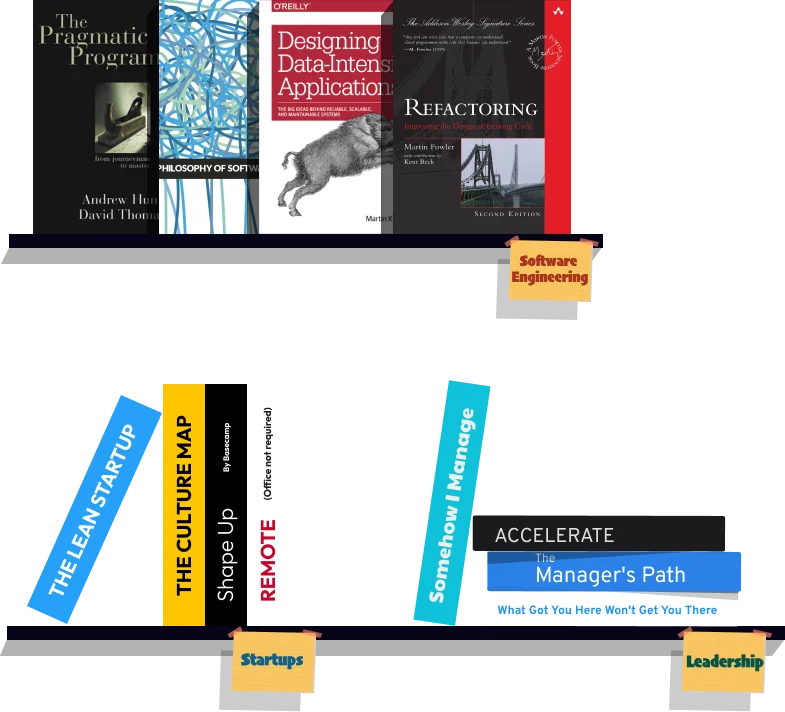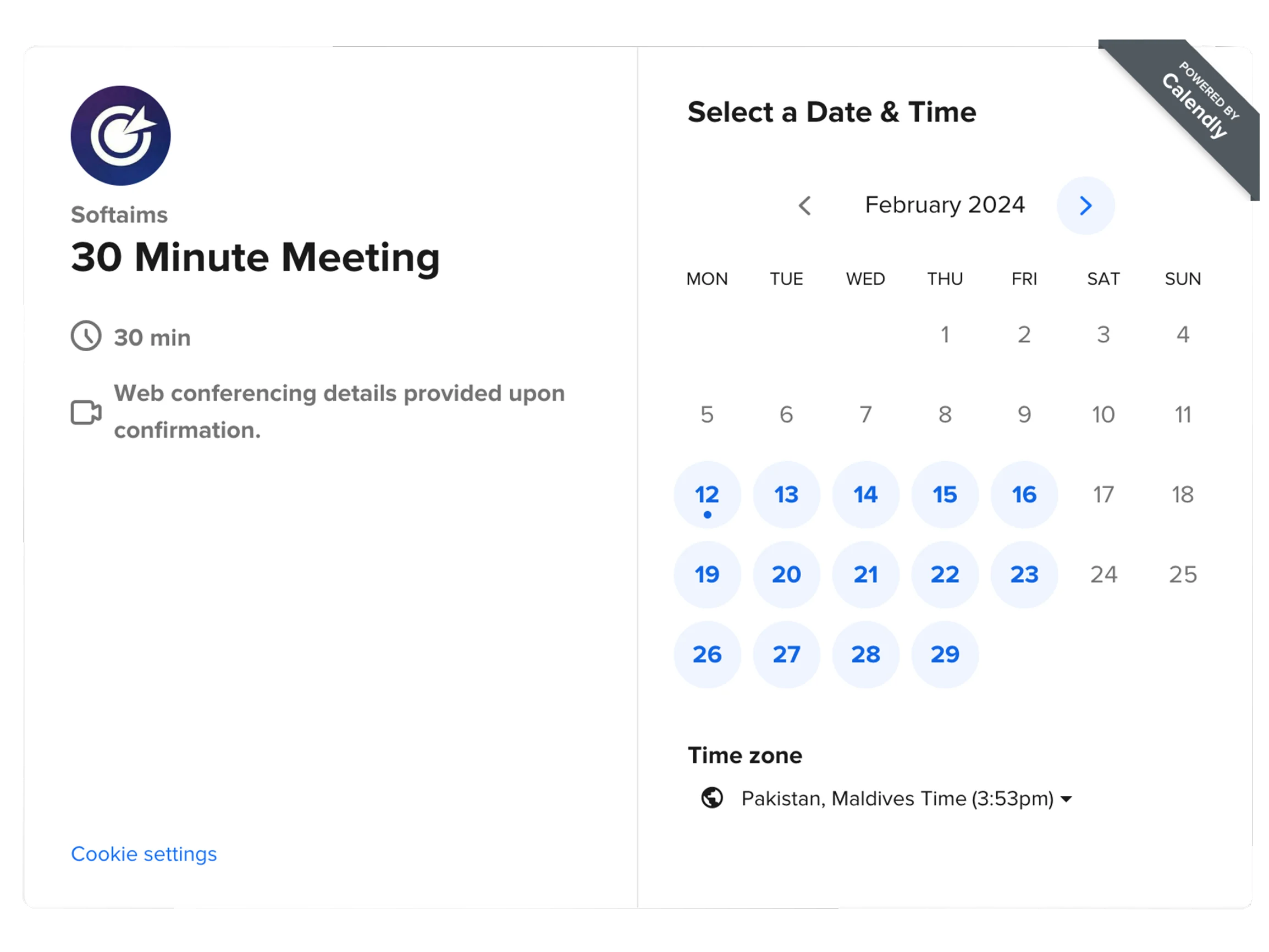The Power of Simplicity with jQuery
A developer with jQuery expertise is a front-end or full-stack engineer who is a master of the classic JavaScript library that famously simplified DOM manipulation, event handling, and AJAX. While modern frameworks have taken the lead in new development, jQuery remains a dominant force in a huge portion of the existing web, particularly in systems like WordPress.

Hiring a jQuery developer means bringing in a professional who can effectively maintain, modernize, and extend a vast number of existing web applications. Their skills are crucial for ensuring the continued stability and functionality of legacy systems and for projects where a lightweight, direct DOM manipulation tool is more appropriate than a heavy front-end framework.
Core Selectors and DOM Traversal
The foundation of all jQuery work is its powerful Sizzle selector engine. A proficient developer must have an intuitive and expert-level grasp of using CSS-style selectors to find and manipulate elements on a page. They should be able to instantly write a selector to grab an element, such as $('#my-element') or $('ul.nav > li').
Beyond just selecting elements, they must be highly skilled at DOM traversal. This includes using methods like .find(), .closest(), .siblings(), and .parent() to navigate the document's structure with ease. The ability to write efficient and precise selectors is the key to writing clean and performant jQuery code.
DOM Manipulation and Event Handling
The primary purpose of jQuery is to make it easy to manipulate the DOM. A candidate must have a mastery of the core manipulation methods for adding, removing, and changing content. This includes a deep understanding of methods like .html(), .text(), .append(), and .attr() to dynamically alter the page.
Equally important is a deep knowledge of jQuery's event handling system. They must be experts at using the .on() method to bind event listeners for user interactions like clicks, form submissions, and mouse movements. An advanced developer will also be an expert at using event delegation (e.g., $('#list').on('click', '.item', ...)) to improve performance on large, dynamic lists.
AJAX and Asynchronous Operations
jQuery's simple and powerful AJAX functionality was revolutionary. A skilled developer must be an expert at using the $.ajax() method and its convenient shorthand functions ($.get(), $.post()) to make asynchronous requests to a server and update the page without a full reload.
They should be highly proficient at handling the results of these requests, including processing JSON data and managing both success and error states. An understanding of how to work with the Promise-like interface returned by $.ajax() (using .done(), .fail(), and .always()) is a key skill for writing clean and readable asynchronous code.
Vanilla JavaScript Proficiency
In the modern web, a developer who *only* knows jQuery is a liability. A top-tier candidate must also have strong, modern vanilla JavaScript skills. They need to understand when jQuery is not necessary and be comfortable using the native browser APIs that jQuery was originally created to simplify, such as document.querySelector() and the fetch API.
This balanced skill set is crucial. It allows them to intelligently maintain and refactor legacy jQuery code, gradually replacing parts of it with more modern, performant vanilla JavaScript where appropriate. This ability to bridge the old and the new is the hallmark of a pragmatic and valuable front-end developer.
Effects and Animations
jQuery includes a straightforward API for creating simple animations and effects. While modern CSS animations are often preferred for performance, a well-rounded developer should still be familiar with jQuery's animation functions, such as .fadeIn(), .slideToggle(), and the highly customizable .animate() method.
They should understand how to chain animations together and manage the animation queue. This knowledge is particularly useful for maintaining legacy applications where these animations are already in use, or for projects where a quick and simple JavaScript-based animation is the most practical solution.
Plugin Usage and Development
The jQuery ecosystem is famous for its vast library of third-party plugins that provide ready-made solutions for everything from image carousels to date pickers. A developer must be skilled at finding, integrating, and customizing these plugins to meet the needs of a project.
An advanced candidate will also have experience writing their own custom jQuery plugins. The ability to create a simple, reusable plugin by extending the $.fn object (e.g., $.fn.myCustomPlugin = function() { ... };) demonstrates a deep understanding of jQuery's architecture and the principles of modular, reusable code.
Cross-Browser Compatibility
One of jQuery's original and most important features was its ability to abstract away the inconsistencies between different web browsers. While modern browsers are much more standardized, a developer working on legacy applications that may need to support older browsers (like Internet Explorer) must understand these historical challenges.
A deep appreciation for how much work jQuery does behind the scenes to ensure a consistent experience everywhere is a sign of a seasoned developer. This knowledge is crucial for debugging strange, browser-specific bugs that can still crop up in older codebases.
Debugging and Performance Tuning
A skilled developer knows how to debug jQuery code effectively using the browser's developer tools and how to avoid common performance pitfalls. They must be able to write efficient selectors that don't force the browser to do unnecessary work and understand the performance benefits of chaining methods together.
They should also be able to analyze and optimize existing jQuery code to improve its performance. This includes tasks like detaching elements from the DOM before performing a large number of manipulations and properly managing event listeners to prevent memory leaks. This is a critical skill for working with large, legacy applications.
Integration with Modern Tools
Even when working on a project that heavily uses jQuery, a modern developer should be comfortable in a modern development environment. They should have experience using a package manager like npm to manage their project's dependencies, including jQuery itself.
They should also be familiar with using a build tool like Webpack or Vite to bundle and minify the project's assets for production. This demonstrates that they can apply modern best practices even when working with an older technology stack, which is a highly valuable and practical skill.
How Much Does It Cost to Hire a jQuery Developer
The cost to hire a developer with strong jQuery skills, typically a Front-End or Full-Stack Developer, is often more competitive than for developers specializing in the latest frameworks. This reflects the fact that jQuery is a mature technology, though it is still incredibly widespread. The salary is based on their location, their overall front-end expertise, and their ability to work with both legacy and modern code.
The following table provides an estimated average annual salary for a mid-level developer where jQuery is a key required skill, often for maintaining existing web properties.
| Country |
Average Annual Salary (USD) |
| United States |
$90,000 |
| United Kingdom |
$60,000 |
| Germany |
$58,000 |
| Canada |
$70,000 |
| Australia |
$68,000 |
| Poland |
$40,000 |
| Ukraine |
$35,000 |
| India |
$20,000 |
| Brazil |
$30,000 |
| Philippines |
$18,000 |
When to Hire Dedicated jQuery Developers Versus Freelance jQuery Developers
Hiring a dedicated developer with jQuery skills is the right choice for a company that has a large, business-critical legacy application built with jQuery. A dedicated team member can take long-term ownership of the codebase, ensuring its stability, gradually refactoring it, and carefully introducing modern technologies where appropriate.
Hiring a freelance jQuery expert is a highly effective tactical decision for specific, short-term tasks. This is an ideal model for fixing a set of bugs on an older website, adding a new feature to a WordPress site that uses jQuery, or for a one-time project to migrate a specific part of a legacy application away from jQuery.
Why Do Companies Hire jQuery Developers
Companies hire jQuery developers primarily to maintain and extend the vast number of existing websites and applications that were built with it. jQuery is still a dependency in a massive percentage of the web, including being a core part of the world's most popular CMS, WordPress. A huge amount of business logic and value is locked up in these existing systems, and they need skilled developers to keep them running.
Furthermore, for certain types of projects, like simple websites or projects where adding a large, modern framework would be overkill, jQuery can still be a fast and pragmatic choice. It provides a simple and lightweight way to add interactivity and AJAX functionality to a page without the complexity of a full-blown single-page application architecture.
In conclusion, hiring a top-tier jQuery developer in the modern era requires finding a professional who is a pragmatic and versatile front-end engineer. The ideal candidate will combine a deep and expert-level mastery of the jQuery library with strong, modern vanilla JavaScript skills. By prioritizing developers who can intelligently maintain the old while strategically introducing the new, organizations can ensure the continued success of their existing web properties while gradually preparing them for the future.



































